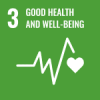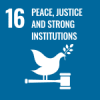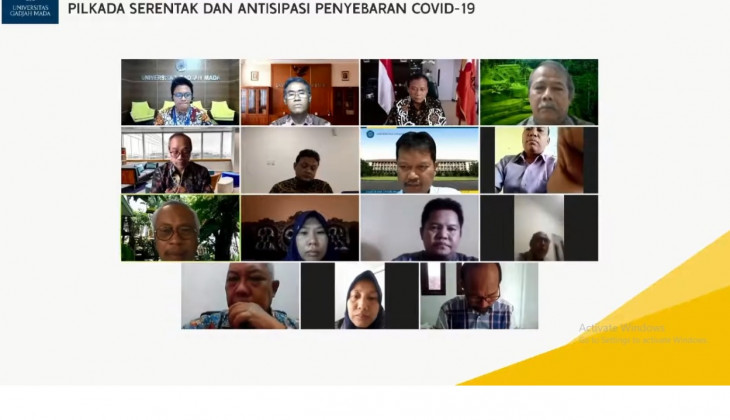The Indonesian government has set a 2020 Simultaneous Regional Head Election (Pilkada) schedule, with a series of activities starting at the end of September 2020. A total of 270 regions will carry out the election, with details of 9 provinces, 224 regencies, and 37 cities.
The determination of candidates and the serial number of candidates have been carried out on September 23-24, 2020. The campaign period has begun and will last until December 5, 2020. The next step is to enter a quiet period, and the voting process was carried out on December 9, 2020. The following procedure is counting votes between December 9 to 15, 2020.
Various parties fear the stages of the Simultaneous Pilkada activities will create a crowd even though this should be avoided during this Covid-19 pandemic. Seeing this condition, the UGM Board of Professors held a National Discussion entitled “Simultaneous Regional Elections and Anticipating the Spread of Covid-19″ on Tuesday (27/10).
Abhan, SH., M.H., Chairman of Bawaslu, stated two principles in carrying out Simultaneous Pilkada in this pandemic condition. He referred to the principles of handling the pandemic and the local elections, namely one to avoid crowds and the other to mobilize the masses.
“This is a serious challenge for the organizers to combine the two interests of different principles. Therefore, we have decided on the middle way, which is to combine the principles of fairness and justice,” he explained.
Furthermore, Abhan explained that the supervisory task of Bawaslu is now not only related to electoral matters. The non-electoral task includes ensuring that the stages of this election comply with health protocols, which Bawaslu also carries out. However, for this non-electoral task, Bawaslu is not alone, but with the Working Group consisting of the Police, Indonesia National Army, and the Covid-19 Task Force.
Abhan added that later if there were reports of violations, complaints, or appeals related to the results of the elections, the mechanism would be online. In addition, he mentioned that related to non-electoral supervision; he has prepared an election vulnerability index as a standard for whether or not to impose sanctions on participants.
“We want to ensure that every citizen can use their right to vote, without being burdened with worries about health threats. According to health protocols, this is in collaboration with us, Bawaslu and KPU, as organizers with the government to prioritize safe operations at all stages of the election. However, this does not reduce the principles, mechanisms, integrity, and legitimacy of the election. The point is we want to keep this election high quality,” he explained.
It was confirmed by Dr. Arie Sujito, S.Sos., M.Sc., Head of the Department of Sociology UGM. He said that after all the local elections had been decided to be held. Therefore, the organizers need to work hard to maintain the quality of honesty and credibility so that the political legitimacy of this country’s democracy continues to improve.
“The measure of a successful election is not only from a procedural point of view but also from its substance. It means that legally and politically, there is no manipulation, intimidation, violence, and dirty practices. And, medically prevent casualties by tightening effective health protocols,” he said.
Meanwhile, dr. Riris Andono Ahmad, MD., MPH., Ph.D., Director of the Center for Tropical Medicine, Faculty of Medicine, Public Health, and Nursing UGM, said that he felt pessimistic about implementing the Simultaneous Pilkada, looking at the 2019 Election. At that time, he said that the implementation did not have a mitigation plan against an epidemic or pandemic. In addition, he also noted that the urgency of the Pilkada was not too formulated. If you want to do it, he suggests waiting for the transmission to be under control.
However, since the decision has already been made, Riris stated that it is important to communicate the risks and urgency of this election to the public. Another necessary thing is to eliminate traditional campaigns. In addition, it is also essential to adapt voting management by increasing polling stations, setting times, confirming protocols, and voting rights for those diagnosed with Covid-19. Finally, he asked if they could consider providing an alternative voting method, especially with today’s development of information technology. “All of these things, of course, while still implementing strict and consistent protocols,” he concluded.
Source: https://ugm.ac.id/id/berita/20283-dilema-pelaksanaan-pilkada-serentak-di-tengah-ancaman-pandemi



